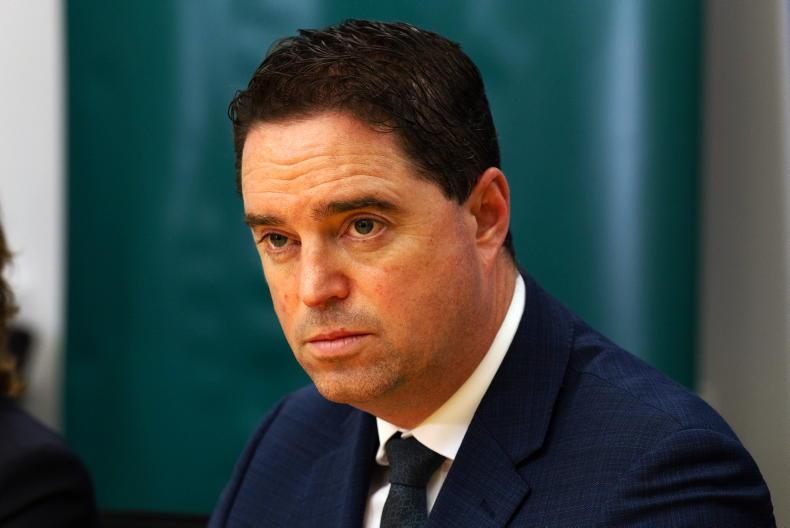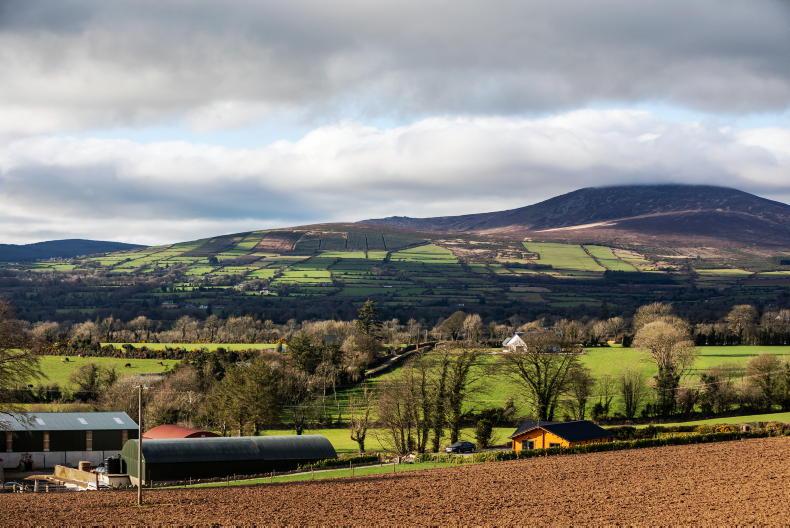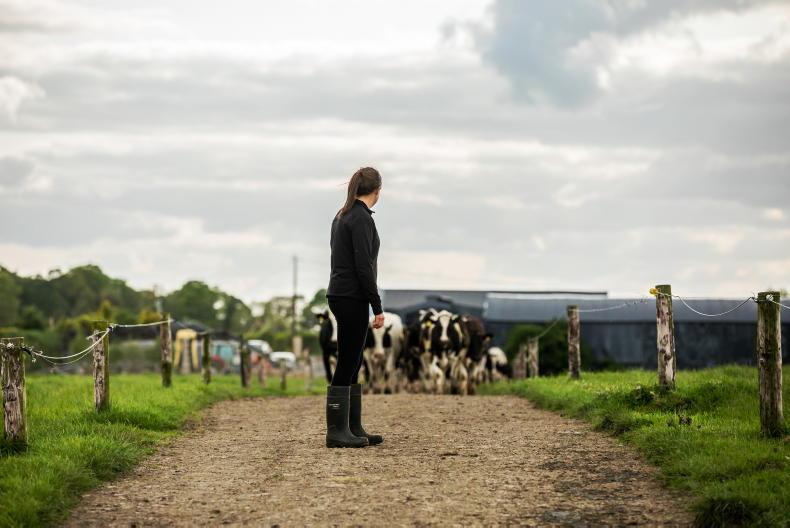Fears that farmers will not take up eco schemes in sufficient numbers and CAP funds will be returned to Brussels have been “exaggerated”, according to a central figure in CAP negotiations.
A failure for all sides to agree on flexibilities for unused eco scheme funds rather than the budget itself was the main stumbling block in talks that failed after four days.
European Commissioner for Agriculture Janusz Wojciechowski, who acts as a moderator in negotiations, said he was surprised by the reservations and fears of some member states.
Fears
“We heard people say that farmers might not be very interested in these [eco-schemes],” the Commissioner said at a press conference.
“I think these eco schemes that were proposed by the Commission and that could be complemented with other actions were actually an interesting proposal for our farmers. There's precision farming, there's organic farming.
“I don't think that there's any real fear of the funds not being used in the eco schemes or not being taken up.”
June talks
Commissioner Wojciechowski said he remained hopeful that a deal could be struck by the end of June.
“We didn't manage it in the month of May, but we've got the whole month of June ahead of us and I do hope that we are going to be able to find a positive outcome. We're getting close,” he said.
The European Council and European Parliament were ready to agree on ringfencing 25% of direct payments for climate, environment and animal welfare measures.
However, member states wanted assurances that unspent money could be used elsewhere, something MEPs saw as a stealth cut.
Differences
Portuguese Minister for Agriculture and president of the European Council Maria do Céu Antunes said all sides had moved closer together, but there were still differences of opinion.
“It's for that reason that the Council decided to suspend the negotiations, today, to start taking stock and then thinking through how we can best endeavour to conclude this reform,” she said.
“I think that the differences that are outstanding will be quite easy to bridge. We've done the hardest part of the work, now we need compromises.”








SHARING OPTIONS